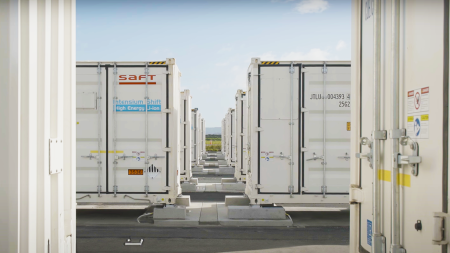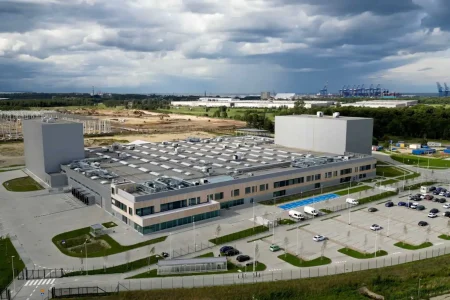Researchers at Curtin University in Western Australia have made a breakthrough that might lead to a more cost-effective and efficient way of large-scale renewable hydrogen generation.
The goal of the study was to find alternatives to precious metal catalysts like platinum, which are presently employed to speed up the reaction when electricity is used to split water into hydrogen and oxygen, a process known as electrolysis.
The creation of active materials with substantially increased oxygen evolution reaction (OER) performance is of considerable relevance to overcome the restricted potency of energy devices such as alkaline water electrolysers, according to the study’s abstract.
The researchers discovered that by creating a high-performing catalyst out of low-cost materials, they were able to reduce the amount of energy required to split the water while simultaneously increasing the quantity of renewable hydrogen generated.
“We basically added modest quantities of nickel and cobalt ions to two-dimensional iron-sulfur nanocrystals, which don’t normally serve as catalysts for the electricity-driven process that generates hydrogen from water,” Jia explained.
“When we accomplished this, the poor-performing iron-sulfur catalyst was entirely converted into a viable and efficient catalyst.”
Jia said that utilizing these more common minerals was less expensive and more efficient than the current benchmark material, ruthenium oxide, which is pricey and produced from the ruthenium element.
“Not only do our discoveries expand the existing ‘palette’ of particle combinations, but they also provide a new, efficient catalyst that might be helpful in other applications.”
Jia went on to say that he believes that advancements in the generation of hydrogen from electricity will assist Australia’s transition to renewable energy go faster.
“On the national energy market, only 21% of energy is produced from renewables, indicating that Australia has to put in more effort to transition from fossil fuels to clean energy,” Jia added.
“However, this transition will only be feasible if research-based knowledge is transformed into real-world solutions and uses in the energy sector.”








